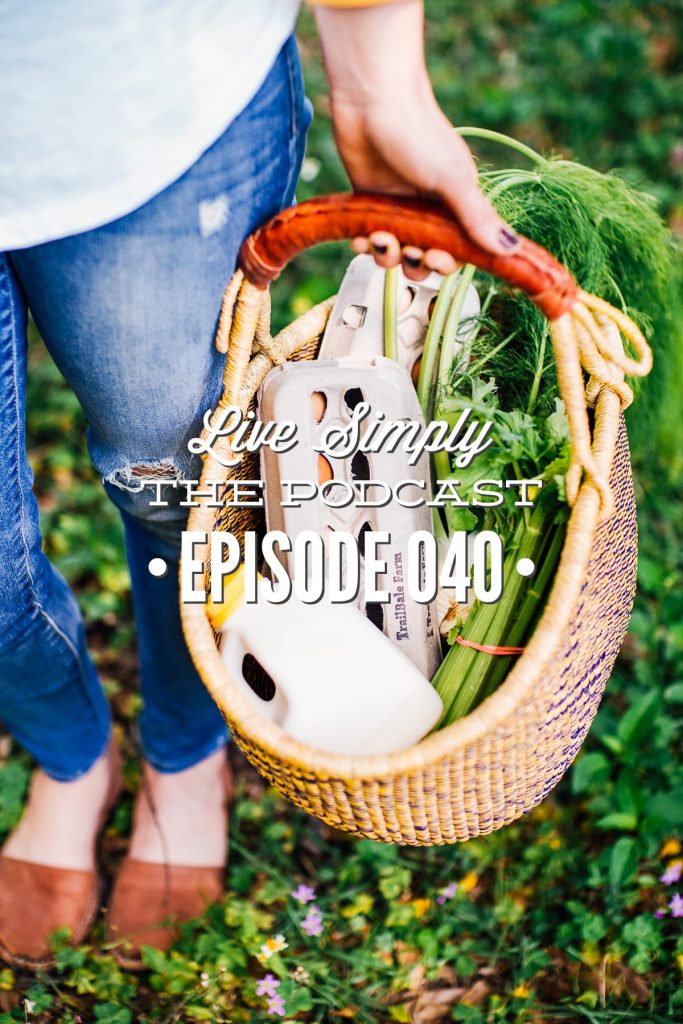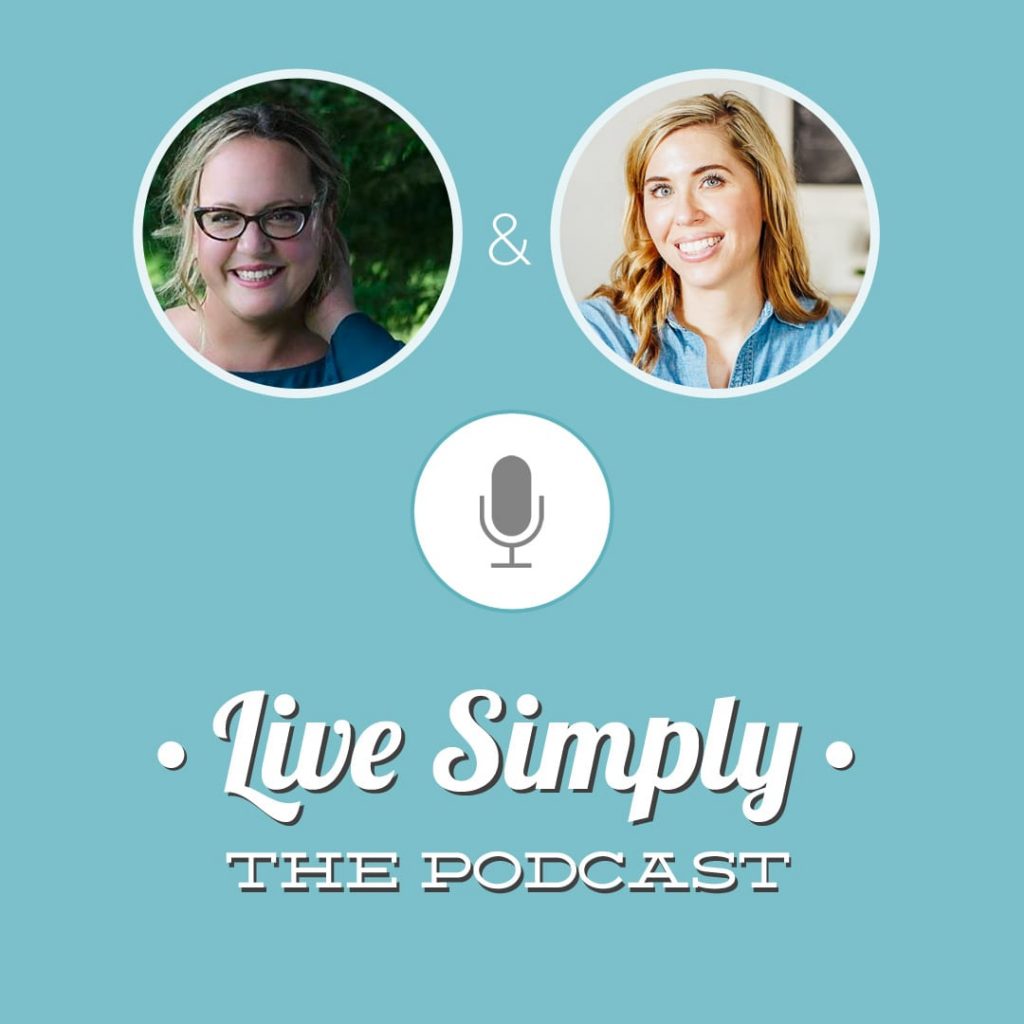Determining what to eat can be confusing, particularly if you live in western culture. It seems like everyone has an opinion, from the government to doctors. For years, I struggled with figuring out what to eat, or I felt guilt for eating a particular food (like butter, rice, or beef). And it didn’t help that every expert seemed to have a different opinion. That’s why looking at traditional eating is so important! Looking to the past ends the confusion about what we should eat.
Today, on the podcast, I’m talking to Jenny from Nourished Kitchen all about looking to the past to determine what we should eat today.

Want to Save This Article?
Enter your email & I’ll send it straight to your inbox. And you’ll get new recipes & tips each week.
We talk about:
- traditional eating and what exactly it looks like to eat like our ancestors
- the work of Dr. Weston A. Price and why his research is important when considering traditional eating
- seasonal eating
We also talk about how looking at traditional eating can end the confusion around dairy, grains, and other currently-controversial foods. And what exactly it looks like to eat these traditional foods in our modern day culture.
Listen To The Podcast
Listen On iTunesListen On Stitcher Listen On Spotify
Show Notes
Resources Mentioned In Today's Episode- Nourished Kitchen (website)
- Follow Jenny on Instagram
- Jenny’s Cookbook: The Nourished Kitchen
- Jenny’s Cookbook: Broth and Stock
- Kristin’s story (my story mentioned in the intro, from veganism to traditional food)
- Nourishing Traditions by Sally Fallon
- Weston A. Price
- Kefir Grains: Cultures for Health or Kombucha Kamp
- Homemade sauerkraut recipe
- Homemade kefir ranch recipe
Q1: Tell us about yourself.
Q2: What does a real food lifestyle look like for your family?
Q3: What’s the food philosophy or mantra you live by?
Q4: When you talk about traditional foods, what exactly does this mean? And why does tradition matter when it comes to thinking about the way we eat?
Q5: How did we get so far from a traditional way of eating? How did we go from a traditional foods diet to a processed food diet?
Q6: I think a lot of people are confused about what to eat. In a world with many diets and fads, how can looking at our culinary heritage and traditional eating help end the confusion about what we should be eating?
Q7: In your book and on your blog, you talk about Dr. Weston A. Price. Can you share more about Dr. Price and his impact on the traditional foods movement?
Q8: How do you get back to traditional foods and culinary heritage, particularly in our day and age when everything is processed and everyone is so busy?
Q9: Making the switch to a traditional (real) food lifestyle/diet can feel daunting, particularly when all you’ve ever known is processed food. If you had to choose just one thing/one change a person could make, where/what would you recommend focusing first?
Q10: What are some of the foods you believe everyone should learn to cook from scratch? The foundations or basic foods or techniques everyone should learn to cook or master in the kitchen?
Q13: What role does seasonal eating play into a traditional foods diet?
Q14: Talk to us about fermentation. What part did fermented foods have in traditional diets? Why should we get back to consuming fermented foods? What are the benefits of consuming fermented foods? How can we add fermented foods to our diet?
Q15: Talk to us about dairy. What part did dairy have in traditional diets? Are there benefits to consuming dairy? What should we be looking for when consuming dairy?
Q16: And what about grains. What does it look like to consume grains (and flours) from a traditional standpoint? What role has souring and sprouting played in the consumption of grains?


Hi there, Kristin and Jenny. Thank you for this fine podcast, with lots of great information and insights.
I would like to add to what was said with regard to changes in food offerings beginning with the turn of the 20th century. Time became a very motivating factor in the development of products and foods. In an industrialized society, more people moved away from an agrarian lifestyle toward an urban one. This was a quantum lifestyle shift in two ways (among many).
First, the clock became the driving force in most people’s lives, rather than the natural rhythm of day and night, seasons. Second, food had to be found rather than grown/made, since both time and direct access to real food dictated the populace find alternative means to deal with both.
The “shortcut” ingredients and foods freed up people, especially women, to manage their new urban work lives more easily (as did the inventions of better tools and equipment to clean their homes). This trend continued well into the 20th century. Frankly, had it not been for a number of these innovations (good or bad, depending on your perspective) many women might not have been able to enter the job market. Nonetheless, all of this has become a double-edged sword that we are must deal with today.
Finding the means to provide healthy whole food is indeed a prime directive. It certainly would be helpful if the medical community acknowledged just how pervasive gastrointestinal distress/disease has become as a result of how most of our food is produced/raised.
Anyway, thank you both again for such an excellent, articulate podcast. Cheers, Ardith
So well said, Ardith. Thank you for sharing.